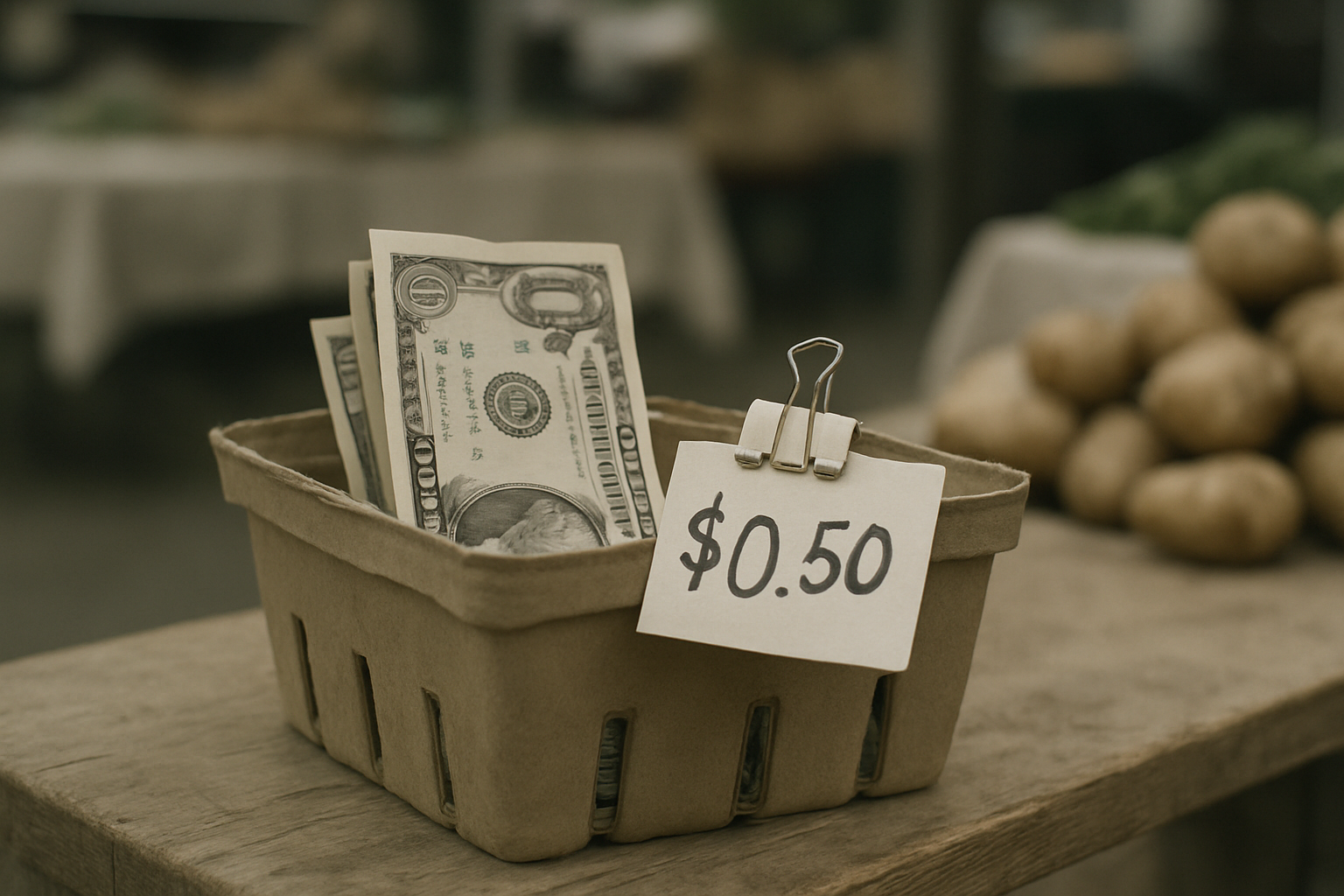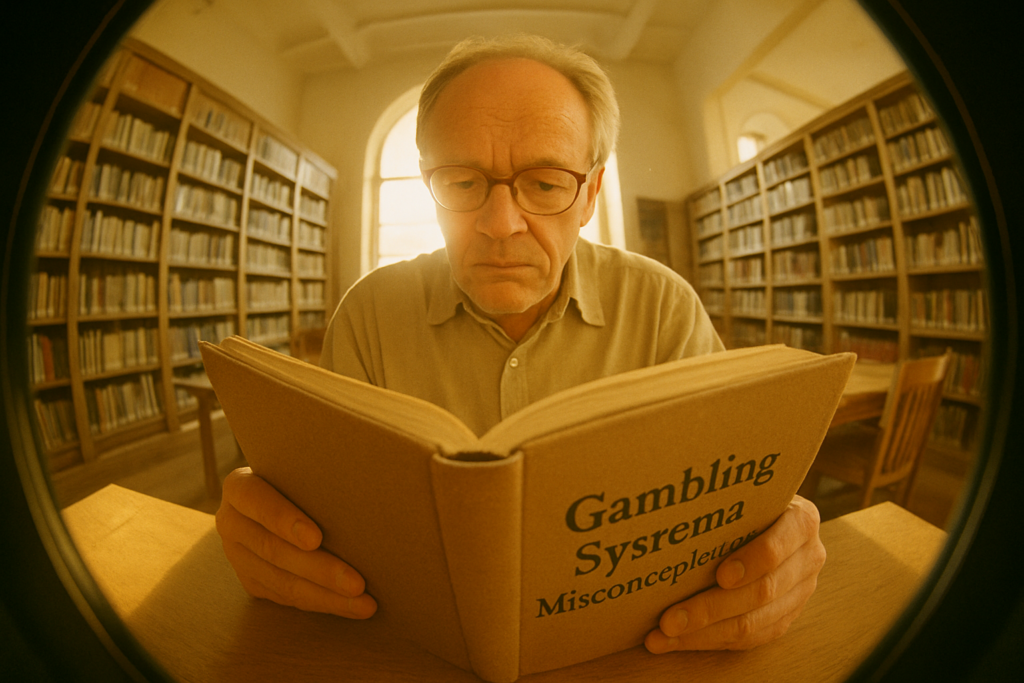“Machines Pay Out More at Certain Times”
Here’s a favorite among late night gamblers: the idea that slot machines are somehow looser after dark or during busy times like holidays. It’s easy to see why people believe this more players win during peak hours simply because more people are playing. But the myth doesn’t hold up.
Slot machines run on Random Number Generators (RNGs), computer algorithms designed to produce outcomes that are completely random and unaffected by the time of day, day of the week, or even the phase of the moon. Whether you’re spinning reels at 2 p.m. on a Tuesday or 10 p.m. on New Year’s Eve, your odds don’t change. The code stays the same, the math stays the same, and operators can’t flip a switch to suddenly make payouts more generous.
Gaming regulations are strict about this. Any machine on a licensed casino floor has been tested and certified to ensure fairness. Adjusting a payout schedule based on time or traffic isn’t just frowned upon it’s illegal in most jurisdictions.
If you’re winning more at night, chalk it up to coincidence or volume not special treatment.
More insight from: Loosening Slots Facts
“Casinos Loosen Machines to Attract More Players”
The Myth
Many players believe that casinos manipulate slot machines to appear more generous in areas with high foot traffic. According to this myth, floor managers can “flip a switch” to loosen machines near entrances, bars, or crowded walkways to create the illusion of frequent wins and attract more players.
Machines near entrances or busy areas are thought to have better odds
Some assume high visibility slots are altered to demonstrate frequent payouts
The Truth
In reality, the idea that casino staff can arbitrarily increase a machine’s payout rate isn’t just false it’s illegal.
Payout percentages (RTP) are programmed into the machine and verified by licensed gaming commissions
Slot machines operate on certified software that does not allow for live adjustment based on location or time
Regulatory bodies prohibit dynamic, real time changes to RTP based on factors like player volume or visibility
Slot machines must be certified before they’re placed on the casino floor. Any changes to a machine’s RTP typically require formal approval and physical reprogramming by licensed technicians, often with regulators present.
A Closer Look
The perceived generosity of a machine near an entrance or crowded bar is more likely explained by chance or anecdotal experiences. There’s no mechanism that automates a machine’s behavior based on surrounding activity.
No internal switch or AI based trigger adjusts payout frequency
Placement strategies may affect visibility not odds
For more in depth information on how machines are regulated and why these myths persist, explore Loosening Slots Facts.
“Using a Players Card Reduces Your Wins”

This myth sticks around because it sounds sneaky enough to be true but it’s not. The idea is that using a rewards or players card somehow alerts the slot machine to pay out less. In reality, the machine doesn’t care who you are. Slot outcomes are determined by Random Number Generators (RNGs), which are completely independent of whether or not you’ve swiped a card.
Players cards are there to track your activity how long you play, how much you spend, and what kinds of games you prefer. Casinos use that data to send you comps, offer you perks, or tailor promotions. It’s marketing not manipulation. If anything, playing with a card gives you something back for your time.
Bottom line: using a players card won’t hurt your odds. It just means you’re more likely to get a discounted room or a free dinner. Not a bad trade.
“A Machine That Hasn’t Paid Will Hit Soon”
This one’s a classic. You hear it all over casino floors “That machine’s due.” Maybe someone’s been feeding it for an hour with no hit, so the next person thinks they’ve got better odds. But here’s the truth: slot machines don’t have memories. They don’t run on cycles. They don’t know what happened five minutes ago or five days ago.
Every spin is its own event, powered by a random number generator (RNG). That RNG doesn’t factor in how much has been won or lost before. There’s no “overdue” state. It doesn’t build toward a jackpot. It simply runs a new set of numbers every time you press the button or pull the lever.
So no, the machine isn’t about to hit just because it hasn’t. If anything, chasing that belief can cost you more. Understand that random is random, and play with that in mind. The house edge doesn’t care what you think is coming next.
“There’s a Secret Strategy to Beat the Slots”
Some people swear they’ve found the timing sweet spot hit the spin button just right, follow a pattern, and boom: payout. Sounds clever. It’s not.
Here’s the reality. Modern slot machines run on Random Number Generators (RNGs) that reset thousands of times per second. By the time your finger touches that button, the outcome has already been sealed. Every spin is a separate event. There’s no memory, no rhythm to exploit. You can’t outsmart randomness like it’s a video game.
Want a real edge? It’s not flashy. Stick to a budget. Set time limits. Understand the game’s volatility and payout percentages. Bankroll management and keeping your expectations grounded that’s the only strategy worth trusting.
Still curious about how these machines work behind the scenes? Read more in Loosening Slot Machines: Myths, Facts & Regulatory Insights.

 Janets Barnettiero is the dynamic founder of Gamble Guru Gate, a pioneering platform that stands as a beacon of expertise and guidance in the gambling sector. With a career spanning over two decades, Janets has cultivated a deep understanding of the intricacies of the gambling industry, blending her analytical skills with a passion for responsible gambling practices.
Her journey began with a fascination for the mechanics and psychology of gambling, leading her to pursue studies in mathematics and behavioral science. This educational foundation laid the groundwork for her insightful approach to gambling analysis. Early in her career, Janets worked with several top-tier casinos and gaming companies, gaining hands-on experience and insider knowledge that would later fuel the success of Gamble Guru Gate.
Janets Barnettiero is the dynamic founder of Gamble Guru Gate, a pioneering platform that stands as a beacon of expertise and guidance in the gambling sector. With a career spanning over two decades, Janets has cultivated a deep understanding of the intricacies of the gambling industry, blending her analytical skills with a passion for responsible gambling practices.
Her journey began with a fascination for the mechanics and psychology of gambling, leading her to pursue studies in mathematics and behavioral science. This educational foundation laid the groundwork for her insightful approach to gambling analysis. Early in her career, Janets worked with several top-tier casinos and gaming companies, gaining hands-on experience and insider knowledge that would later fuel the success of Gamble Guru Gate.
